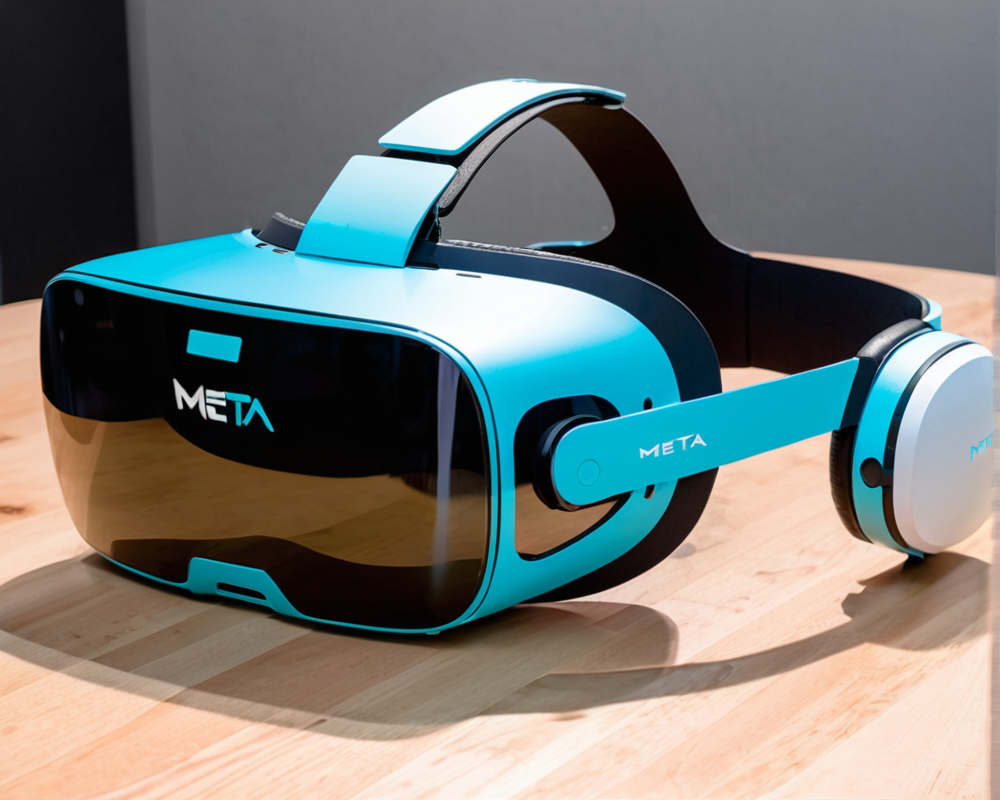A New Era in Virtual Reality
At the Meta Connect 2022 event on October 11, Meta, the parent company of Facebook and Instagram, unveiled its latest virtual reality (VR) headset, the Quest Pro. This new device is a significant addition to the tech giant’s ongoing commitment to building the Metaverse, but it comes with heightened privacy concerns due to its advanced data collection capabilities.
Advanced Features of Quest Pro
The Quest Pro is equipped with a total of ten cameras—five internal and five external—that track users’ facial expressions, eye movements, and bodily motions to enhance the realism of their digital avatars. By capturing these subtle cues, Meta aims to create a more immersive experience in the Metaverse, allowing avatars to reflect users’ emotions and expressions in real-time.
Privacy and Data Collection Concerns
Despite the excitement surrounding the Quest Pro, privacy advocates are scrutinizing its features, especially given Meta’s track record with data collection and privacy issues. Although the headset includes a default setting to turn off facial tracking, experts worry that this might not stay that way, recalling Facebook’s troubled history with biometric data collection. In November 2021, the company announced it would delete facial recognition data for over 1 billion users as a response to legal challenges and regulatory pressures.
Voices of Concern
Whistleblower Frances Haugen highlighted these concerns during an interview, stating that without increased transparency and accountability, Meta’s ventures into the Metaverse could perpetuate existing issues around user data exploitation. “At the end of the day, their business model revolves around taking your data and monetizing it,” Haugen cautioned.
Public Reactions to Quest Pro
Reactions on social media have been mixed. Users admired the technological advancements of the Quest Pro while expressing skepticism about privacy implications. One Twitter user noted the immersive experience of VR gaming but insisted on clear privacy rights, emphasizing the need for safeguards as eye tracking becomes more commonplace.
The Issue of Centralization
As Meta intensifies its efforts in the Metaverse, concerns about centralization are emerging. While technologies like nonfungible tokens (NFTs), blockchain, and cryptocurrencies are integral to Metaverse development, the involvement of big tech companies risks undermining these decentralized principles. Vitalik Buterin has even suggested that Facebook’s approach to the Metaverse may “misfire” due to a lack of insight into users’ preferences.
Collaborations and Future Developments
Despite the challenges, Meta is moving forward with plans that include a partnership with Microsoft to bring its Office 365 suite into digital reality. As Meta continues to innovate and integrate advanced technologies, the balancing act between privacy, decentralization, and user experience will remain a critical discussion in the evolving narrative of the Metaverse.




